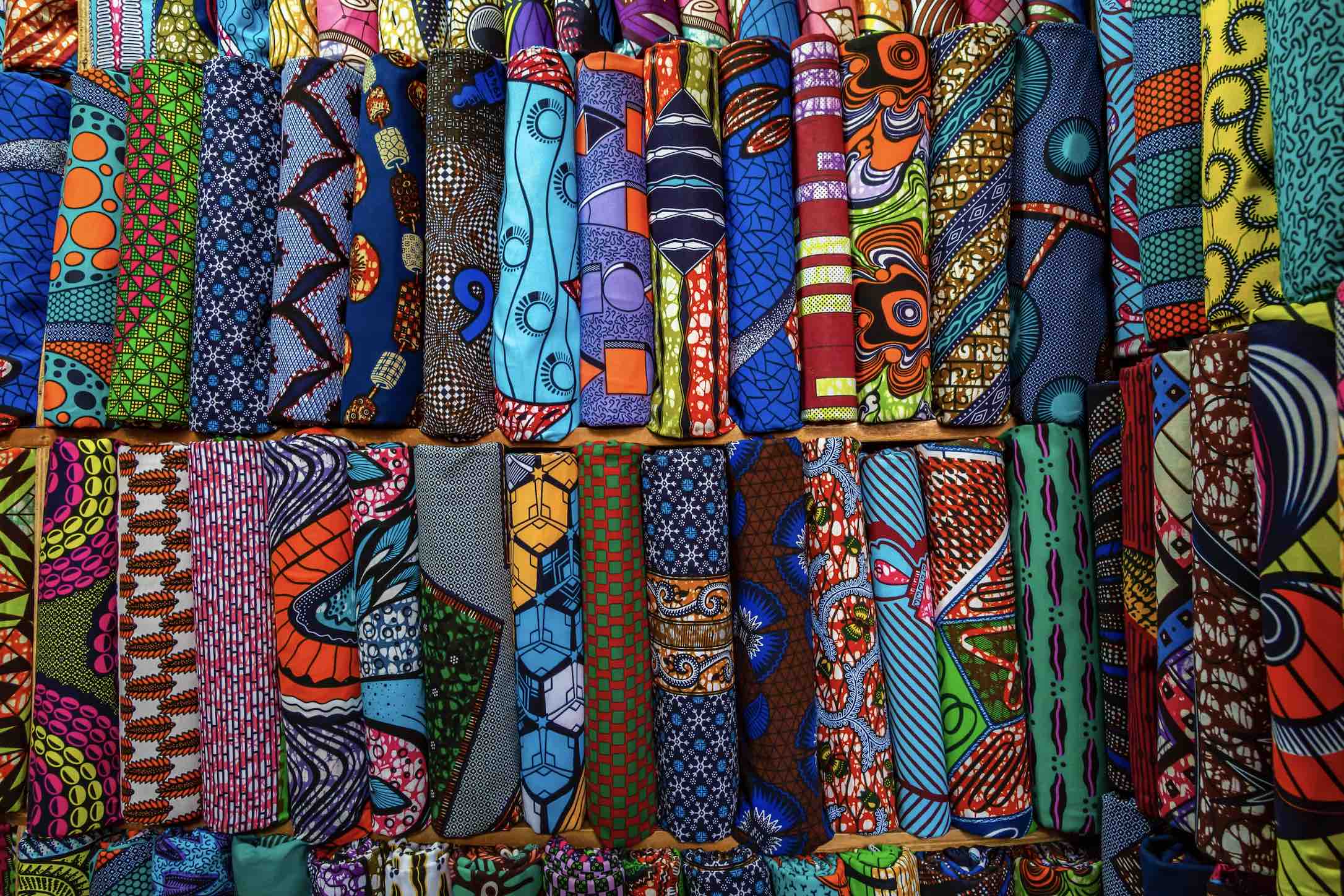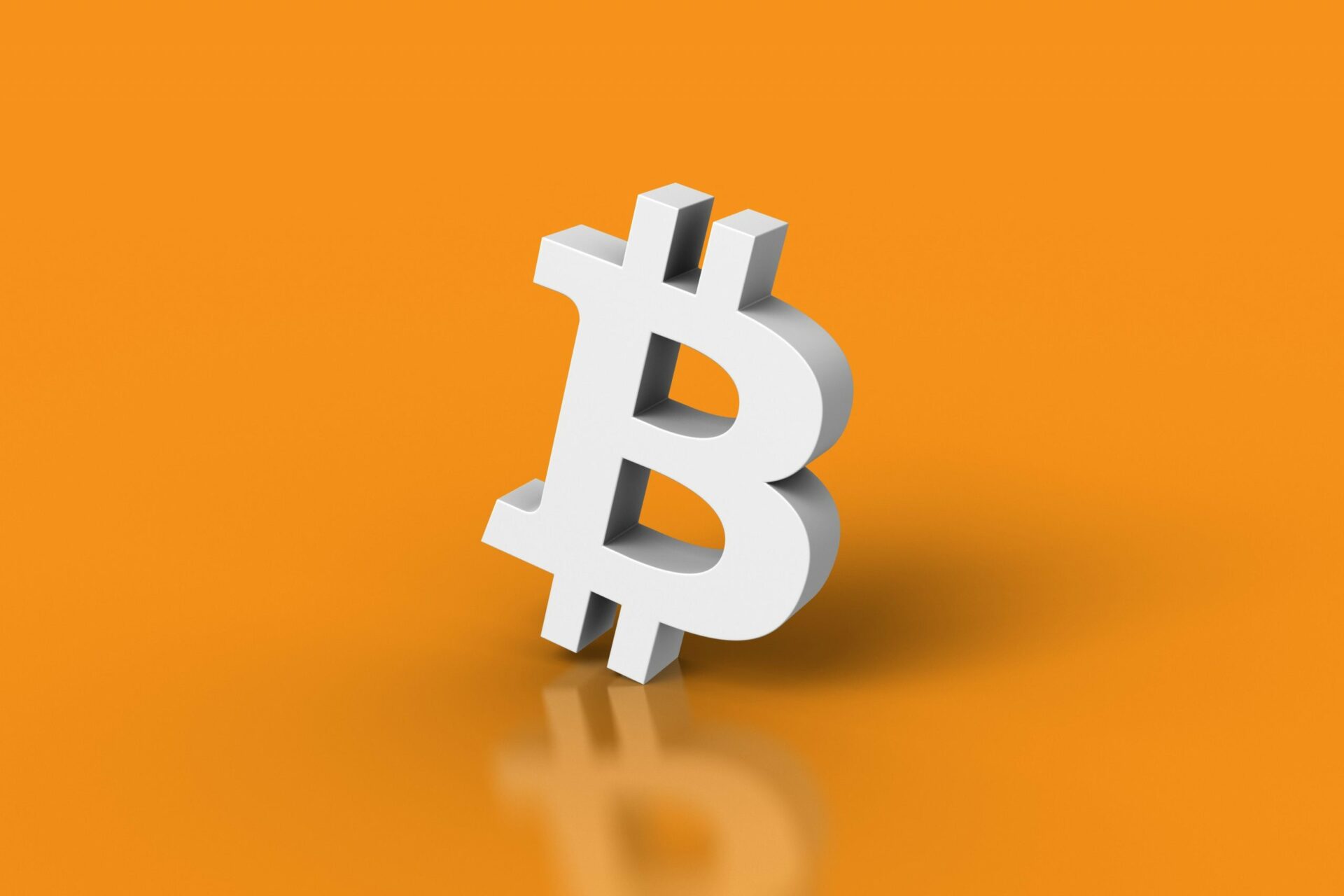Africa is the youngest continent in the world. The median age is 20 years and 60% of the population is under the age of 25. It is no surprise then that Africa is often described as ‘the future’. The African youth have the potential to define geopolitics, world economics, and foreign policy in the decades to come.
In fact, young determined Africans are already making waves on the global stage. But with a growing migrant work force of young Africans comes an ever-growing remittance market. A market which is heavily underserved and highly inefficient.
Remittances are a pivotal lifeline for low-income earning economies in Africa and beyond. In fact – more than 70 countries globally rely on remittances for at least 4% of their GDP. Whether it is sending money home to their families or participants of the ‘gig-economy’ looking to get compensated for their work online. These countries have demonstrated that remittances are an engine for socio-economic growth and transformation.
Remittance flows to low and middle-income countries reached $550 billion in 2019, surpassing foreign direct investment and official development aid. What is more, these are only recorded volumes; the actual size of this market is a lot bigger if you include flows in the informal sector.
The latest data on global remittances captured in the World Bank’s Migration and Development Brief indicates that the sector continues to grow at a rapid rate with the African continent responsible for the lion’s share of this growth. Nigeria alone attracted inflows of $19.2 billion in 2021 through remittances, the highest of any African country. Behind Africa’s largest state by population is Ghana with $4.5 billion and Kenya with $3.7 billion.
Despite this impressive growth – the report also highlighted the fact that the cost of sending remittances to Sub-Saharan Africa continues to be far higher than any other region in the world. Sending $200 cost an average of 14% in 2021. That is significantly higher than the global average of 6.04%.
The cause of these exorbitant fees are 3-fold: Firstly; the lack of transparency by Remittance Service Providers (RSPs) means remitters face high levels of information asymmetry. Secondly, the lack in payments infrastructure means RSPs are unable to meet the high demand for their services. Thirdly a paper-heavy, archaic banking system results in a lack of accessibility and high costs.
African countries with the highest costs of sending remittances as of 2021

As is apparent – one of the world’s largest remittance markets is also the most inefficient. These inefficiencies are costing Africans over $6bn every year. This has incentivised an increasing number of African consumers to use alternative means when it comes to sending money back home to family or loved ones. Enter cryptocurrency.
Cryptocurrency and fintech firms are fast solving many of the pitfalls that plague traditional finance firms. Legacy corridors face high fees, slow settlement times and a general lack of innovation in cross-border payments infrastructure.
Transactions made using cryptocurrency, on the other hand, can be completed quickly, transparently and sometimes in just a matter of minutes. Not to mention at a fraction of the cost when compared to traditional means such as wire transfers. This is why companies like OVEX, are redefining the remittance market in Africa.
Transactions made using cryptocurrencies bypass traditional banking systems and intermediaries, which can be slow and expensive. In most cases there is a drastic reduction transaction fees (by as much as -90%) when sending money through crypto-based fintech firms such as OVEX.
Data from the World Bank shows that around 45% of people living in Sub-Saharan don’t have access to a bank account, which means that almost half a billion people lack access to financial services. Cryptocurrency is also opening up new opportunities for people in Africa who are unbanked or underbanked, as they can receive and send money without the need for a bank account or credit card. This can be especially useful for people living in rural areas or in countries with weak financial infrastructure. This is why companies like OVEX are determined to ensure they continue to grow their African footprint. We are uniquely positioned to service African businesses as we offer deep liquidity thereby allowing said firms to trade high volume tickets with ease.













